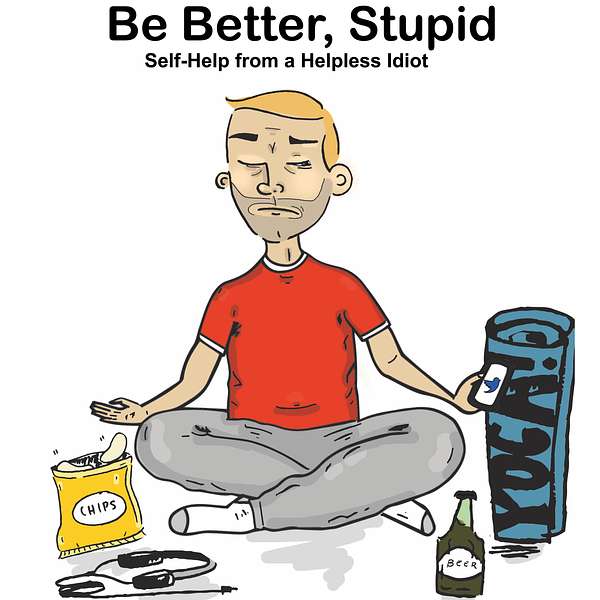
Be Better, Stupid
Be Better, Stupid
How to Not Suck at Arguing with People (Especially in 2020)
Source Post: http://bebetterstupid.com/how-to-win-arguments-and-change-people/
Theme Song: “Yawn” by Nick Dorian
00:00 – I set up our episode about how we argue with and talk to each other.
00:55 – Joel introduces himself and his background, and we talk about how you cannot really win an argument—at least not in the way you think.
3:36 – I read from my article about why it’s good to want to change the world and convince people of a righteous cause is good, but doing so in the way we often do it (chastising those we disagree with) is totally ineffective.
5:54 – Joel discusses the backfire effect, and how we have adrenal responses that fire when people tell us we’re wrong, and it keeps us from seeing that we’re wrong. We also talk about how we talk about how attached we are to our identities and senses of self. We discuss how we can be less freaked out by being told we’re wrong, and establish how important it is to practice this, and counteract the Dunning-Kruger effect. We also talk about how difficult it is when the person you’re talking to has different values, and how important it is to remember that everyone is doing their best.
12:42 – I read from my article about how important it is to prioritize every potential argument instead as a discussion, and what a massive difference that can make.
13:45 – Joel and I talk about how important it is to gain trust with people in an argument, and how proving you’re right never proves you’re right to the person. It’s important to not prioritize making your side feel good. I talk about how I’ve enforced this discussion approach in the past, and how it is possible.
18:41 – I read from my article about how important it is to aggressively admit you’re wrong all the time, and how if we can accept that this is a mature, adult thing to do, then we can make huge advancements in how we talk to each other.
20:16 – Joel agrees with how admitting you’re wrong adds moral weight to your argument. I bring up how, similarly, I can admit that I don’t know everything, and how admitting that helps in our “arguments.”
22:24 – I read from my article about how people talk about how they don’t have to respect beliefs, and how counter-productive that is.
24:22 – Joel talks about how he struggles to respect insane beliefs, but that he also has insane beliefs, so he tries. I talk about how I can do this because I come at it from my specifically agnostic perspective, and how it could behoove us to go in constantly acknowledging how we don’t know anything.
27:30 – I read from my article about how attacking people—even people who are bad—may be deserved, but it’s not effective. I even encourage finding softer ways to express really awful ideas, so that people feel safe to change these parts of themselves.
30:38 – I struggle with what degree you go to in order to be respectful towards even people with repugnant beliefs. Joel makes the point that we’re all just varying degrees of imperfect. We talk about how important it is that you can’t fix people by yelling at them. If you can’t talk to someone, you’re never going to change their mind.
33:46 – In my final word, I go on about what we actually know, and how, ultimately the answer is that you kind of know nothing. The key is in not having beliefs in the conventional way, and letting go of the ego you’ve attached to your answers.
35:25 – Wrap up